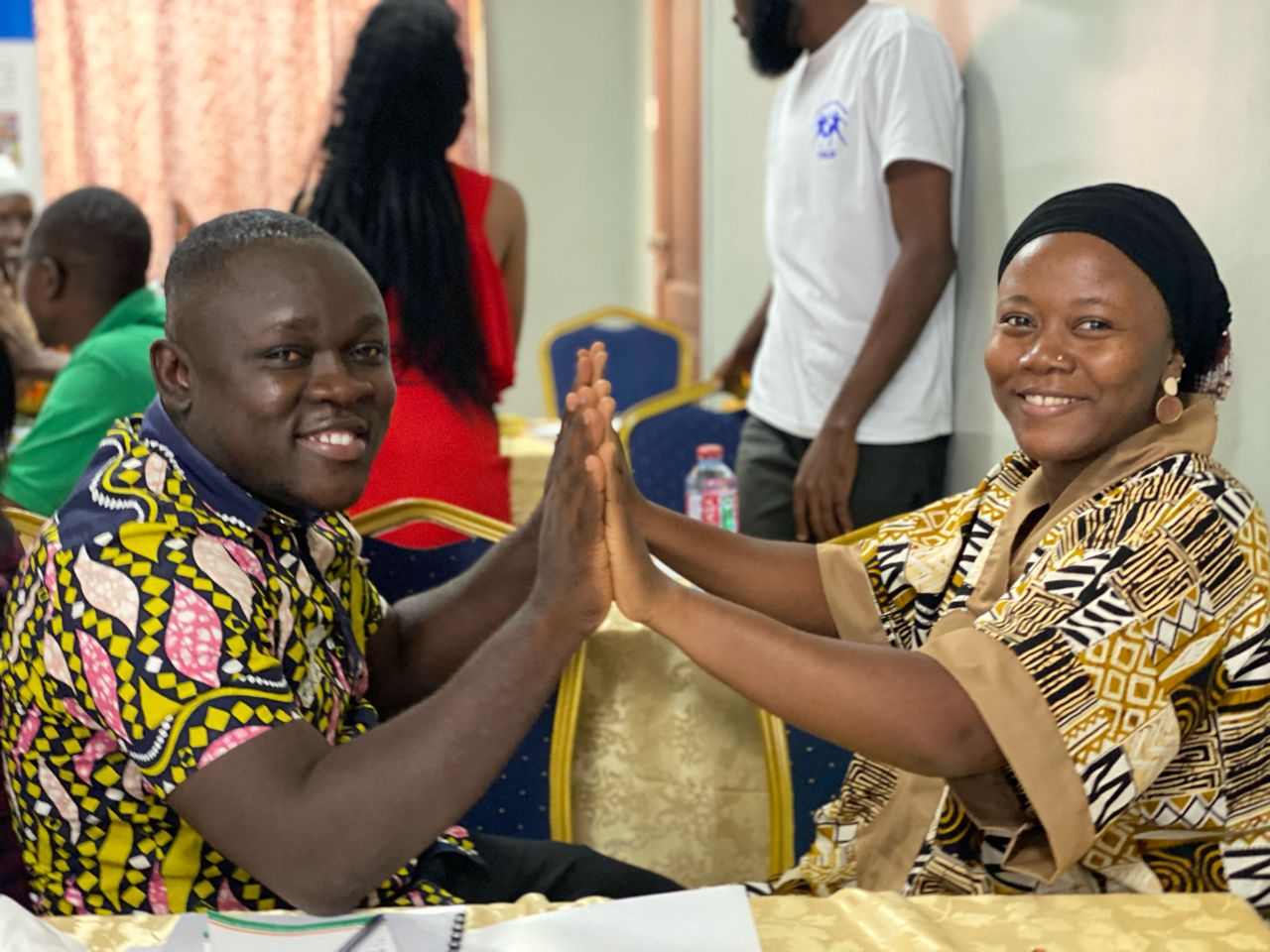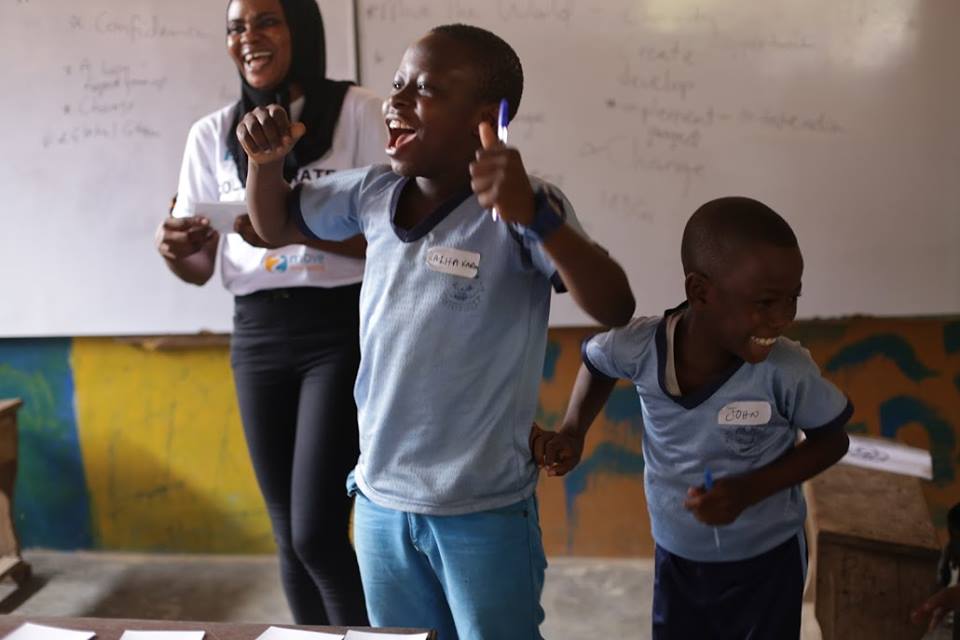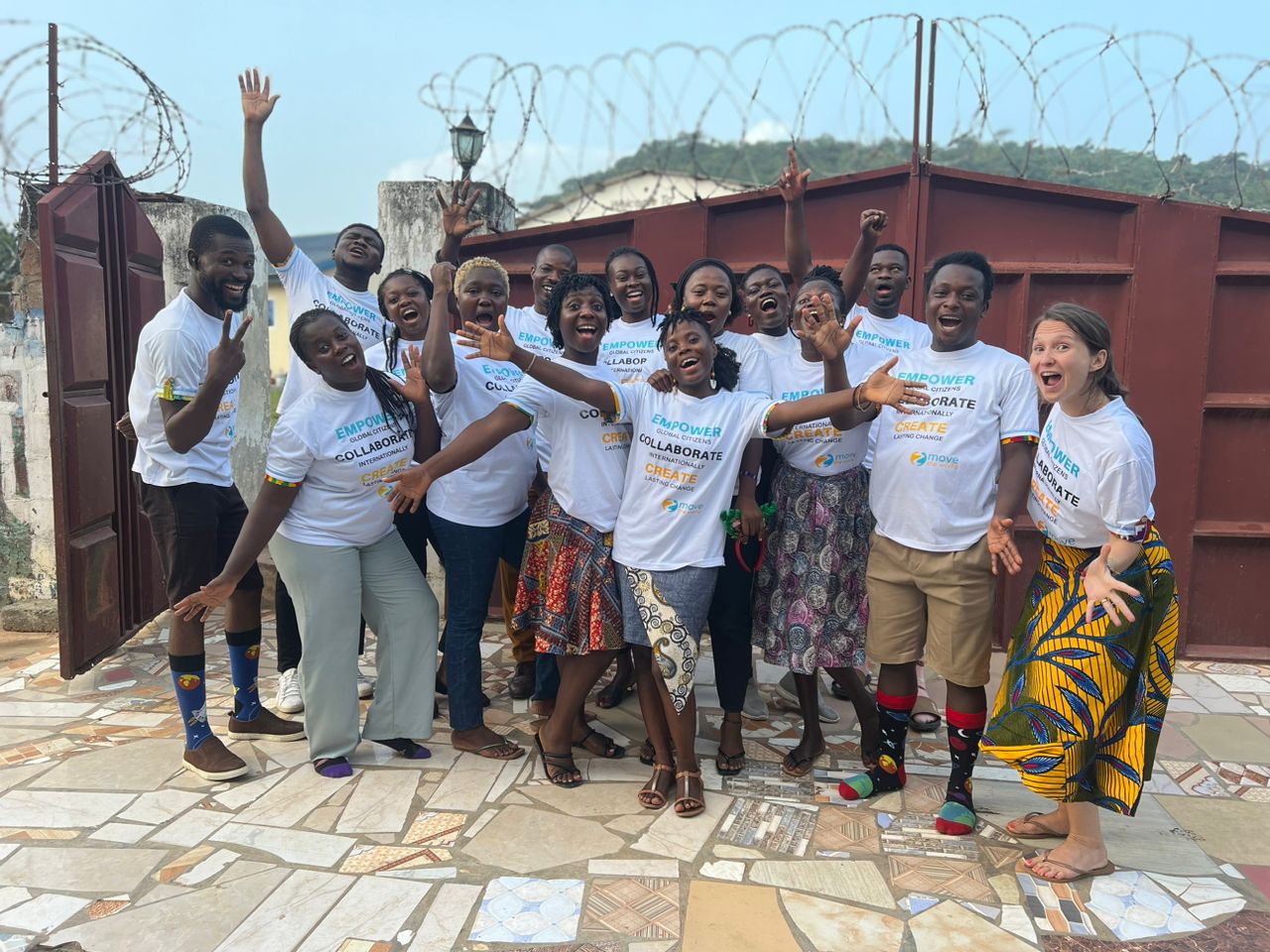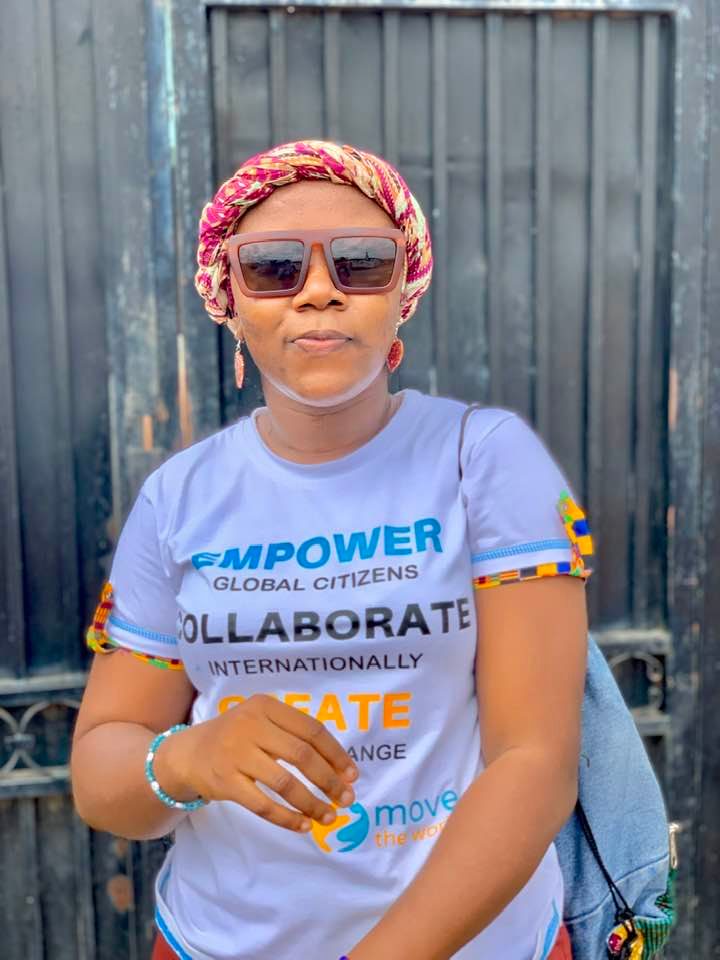In-Country Learning through Play Training
Venue: Bethel Heights Hotel, Madina
Accra -Ghana.
Dates: 11th -14th March, 2024
The Learning through Play training workshop, organised by Global Fund for Children in collaboration with Play Action International with support from Mother of All Nations, aims to empower teachers, facilitators, and organisations to prioritise fun and engaging learning experiences for children. By integrating play-based approaches, this workshop encourages educators to create dynamic and interactive learning environments.
Here are some key points from the workshop:
- Child-Centered Approach: The workshop emphasizes a child-centered approach to education. It recognizes that play is not just a break from learning but an essential part of it.
- There is no mistakes when children play: care givers are urged to allow children make mistakes. Mistakes are essential for growth and development. They are not failures but stepping stones toward understanding.
- Play is a space where children can explore, experiment, and learn without fear of judgment. Mistakes are stepping stones to growth, resilience, and understanding once children are allowed to make mistakes and not being judged or threatened it fosters creativity.
- Educational Play: The workshop equips caregivers and teachers with strategies to implement play-based approaches in teaching. When children engage in play, their learning becomes deep-seated and exploratory, leading to better retention of knowledge and understanding of concepts.
- Telling is not teaching; listening is not learning. To truly engage every child’s understanding, we must go beyond mere words. Active participation is the key. When we involve children in doing, creating, and experiencing, their learning becomes meaningful and lasting. Encourage exploration, curiosity, and hands-on activities—that’s where true understanding blossoms.
- Play not only make children happy, it enhances their physical development; gross and fine motor skills strengthens and improve endurance. Social development; collaborative play teaches cooperation, compromise, team work. Emotional development such as empathy and confidence are developed when children engage in play. Cognitive development; problem solving skills making difficult concepts easy to understand.
Caregivers were tipped on making the play learning process more fun.
- All lessons should capture the 5 senses of the learning; auditory, touch, visual, taste and smell
- We tell kids what to do and not what not to do.
- Rather than saying ‘okay, you’ve tried’ to an incorrect answer, care givers are encouraged to give clear feedback. Either correct or incorrect.
- Learn to praise efforts and be specific at it.
- We make sure children get instruction before we move to the next step of instruction.
- Train children to follow instructions
- lesson s we provide should have learning aid
- NO corporal punishment in play based learning
- We should scan through the learners and redirect misbehaviours. A skilled teacher anticipates when learners might become distracted, rather than noticing it only after they are already distracted
Structured and non-structured play may share the same underlying purpose—fun—but they yield distinct benefits. Structured play, which is more goal-oriented, involves specific rules and directions. In contrast, non-structured play, also known as free play, allows children to explore their interests without adult interference or predetermined outcomes
While structured play has its merits, unstructured play offers a wealth of benefits for children’s physical, emotional, mental, and social well-being. So, let’s celebrate the magic of free play and encourage kids to explore, create, and learn naturally.
Personal Learnings
We sent two members of staff to partake in the conference – Hawa & Sarah reflect on their experience and learnings
Hawa
1. Telling is not teaching, Listening is not learning……Get every child involved, let them do something. It’s the only way to truly engage every child’s understanding.
2. ?Structured and Non-structured play has nothing to do with the classroom. It has everything to do with a learner and a facilitator. Play can happen anywhere.
3.Introducing play both in the classroom and at home is crucial. Children learn a great deal through play.
4. ?Teaching and learning aids are readily available in our surroundings, and they come at no cost. We can find them anywhere.
Sarah
- We cannot afford excuses when it comes to embracing play-based learning. Our mission is to break down barriers and cater to every child’s unique learning needs within the environment we inhabit. By fostering a play-based approach, we create a rich tapestry of discovery, curiosity, and growth. So, let’s weave together a vibrant learning experience where each child thrives!
- When children play, they encounter challenges, I need to try different approaches, and sometimes fail. These “mistakes” are opportunities for learning. This is why children don’t make mistakes in play.
- Structured and unstructured play transcend classroom walls. They are not confined to a specific setting; rather, they unfold wherever curious minds and eager hearts come together.
In summary, this workshop encourages educators to embrace play as a powerful tool for learning, fostering creativity, problem-solving, language development, and social skills. By prioritising play, we can create joyful and effective learning experiences for children.
We look forward to bringing these learnings into our classrooms as we continue to move the world through education.




